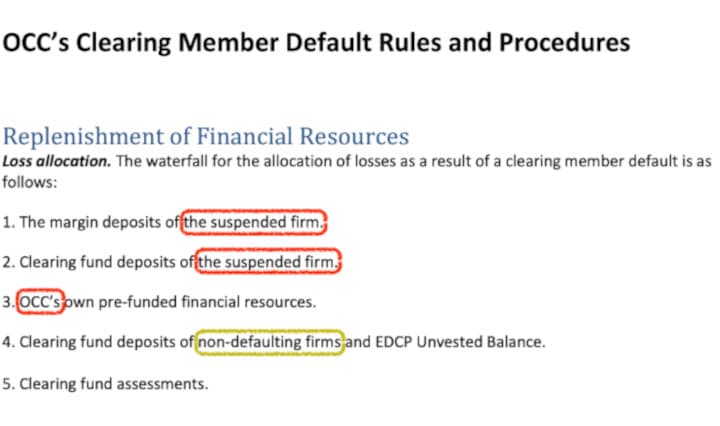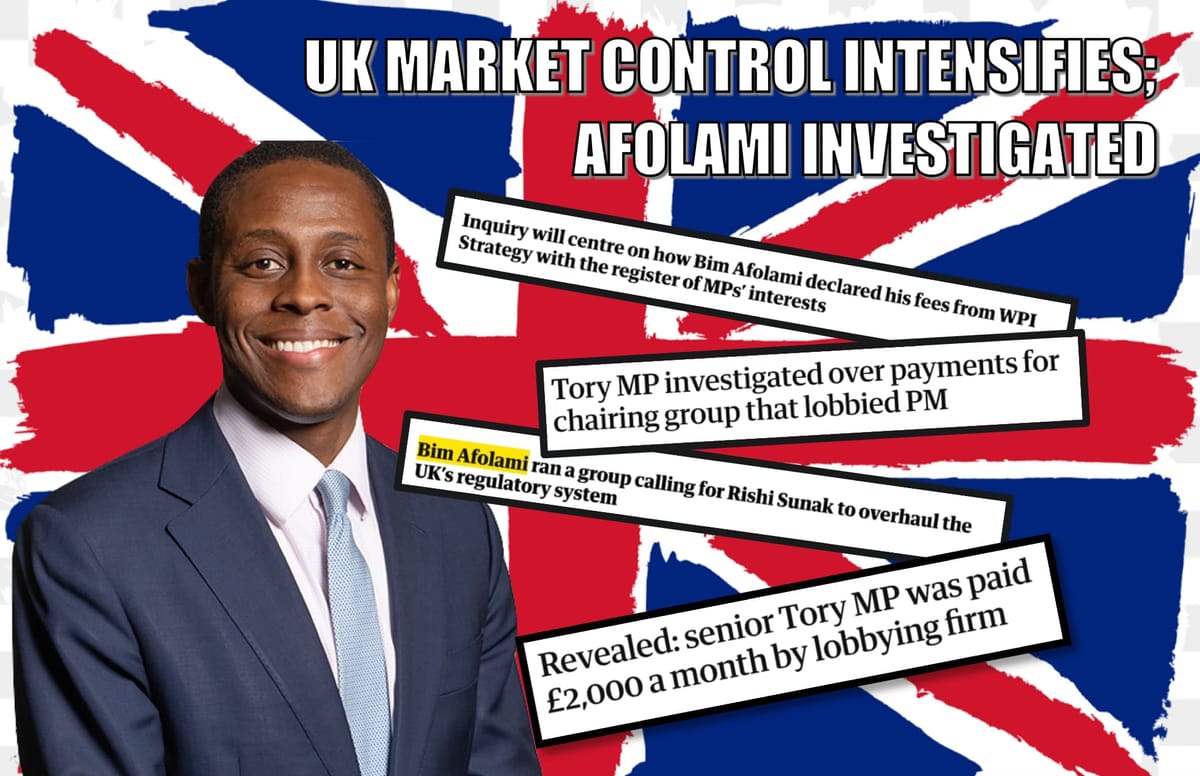FINRA 'Discipline' Alert! Unraveling How Scotia Capital (USA) Over-reported Short Interest Positions by 130 Million Shares from July 2017 thru June 2019. Their Penalty? They received a censure and a $300,000 fine, without having to admit or deny findings

https://www.finra.org/sites/default/files/fda_documents/2019061945201%20Scotia%20Capital%20%28USA%29%20Inc.%20CRD%20No.%202739%20AWC%20gg%20%282022-1668212412998%29.pdf
Good Sunday afternoon Superstonk, I hope everyone is enjoying a wonderful weekend!
I would like to share some more FINRA 'discipline' with y'all, this time it's Scotia Capital (USA).
As these releases convey a ton of information I am going to try a bit of a different approach, I hope this format makes sense.
- First, I am going to outline what Scotia Capital (USA) did from points from the filing.
- Next, I am going to pull the rules they broke and attempt to provide wut mean definitions
- Then, I am going to try and break each section against Scotia Capital (USA) down a bit further.

Let's hit it!
What Scotia Capital (USA) did (without admitting or denying):
Between July 2012 and June 2019, Scotia Capital (USA) reported more short interest positions than they actually had. This is a big no-no according to FINRA Rules 4560 and 2010.
Now, how could this connect back to GameStop? Well, if a company like Scotia Capital (USA) can overreport its short interest positions, it can potentially manipulate the perception of a stock's short interest. This could impact the price and volatility of a stock like GME.
The Rules Scotia Capital (USA) Broke:

Wut mean?
FINRA Rule 4560 is a regulation that requires all member firms (like broker-dealers) to keep track of and regularly report their total short interest positions. Short interest is basically the total number of shares that have been sold short but have not yet been covered or closed out. These positions can be in any equity securities (like stocks) and can be in both customer and proprietary firm accounts.
This rule applies only to short interest positions that come from two types of transactions:
- A "short sale," which is when an investor borrows shares and immediately sells them, hoping they can scoop them up later at a lower price, return them to the lender, and pocket the difference.
- A transaction that was marked "long" because at the time of the transaction, the firm or the customer had a net long position. A "long" position is when you buy a stock, expecting its price to go up.
If a firm violates Rule 4560, they're also violating FINRA Rule 2010. This rule basically says that a member firm, in conducting its business, should uphold high standards of commercial honor and fair trading principles.
Scotia Capital (USA) overreported its short interest positions:

Wut mean?
Between July 2012 and June 2019 Scotia Capital (USA) included short positions from two omnibus accounts that they shouldn't have. Omnibus accounts are accounts that hold securities for multiple clients but are managed as a single entity.
During a sample period from July 2017 to June 2019, Scotia Capital (USA) reported about 2,400 short interest positions, which represented around 130 million shares. But they should have only reported about 100 short interest positions, representing around 31 million shares.
So, in simple terms, Scotia Capital (USA) over-reported their short interest positions by a significant amount.
In terms of GameStop, this kind of error could potentially distort the perception of how many shares are being shorted.
Scotia Capital (USA) failed to have a reasonably designed supervisory system for accurate short interest reports:

Wut mean?
Between July 2012 and June 2019, SCUSA's supervisory system wasn't designed well enough to ensure they were complying with their short interest reporting obligations under FINRA Rule 4560. Specifically, Scotia Capital (USA) system didn't have a process to check whether their short interest report included positions that shouldn't have been reported. They also didn't have a good process for reconciling their reports to identify potential inaccuracies.
So, in simple terms, Scotia Capital (USA) violated NASD Rule 3010 and FINRA Rules 3110 and 2010 because their system wasn't set up properly to ensure they were reporting their short interest correctly.
Penalty?

Without admitting or denying anything, a censure and $300,000 fine.
How could Scotia Capital (USA) behavior could impact GameStop:
This kind of behavior could potentially impact GameStop:
- Market Perception: Since Scotia Capital (USA) inaccurately reported short interest for GameStop, it could have worked to distort the market's perception of the stock. For example, if short interest is over-reported, it might seem like there's a lot of negative sentiment--now corporate media wouldn't run with that about GameStop now, would they?!?!...
TLDRS:
Between July 2012 and June 2019 Scotia Capital (USA), made significant errors in their short interest reporting.
- They included short positions from two omnibus accounts in their reports that they shouldn't have, as these positions didn't come from "short sales" or transactions marked as long due to the firm's or customer's net long position at the time of the transaction.
During a sample period from July 2017 to June 2019, Scotia Capital (USA) reported about 2,400 short interest positions, which represented around 130 million shares.
- However, they should have only reported about 100 short interest positions, representing around 31 million shares.
- This means they over-reported their short interest positions by a substantial amount.
- Furthermore, the Scotia Capital (USA) supervisory system wasn't designed well enough to ensure they were complying with their short interest reporting obligations under FINRA Rule 4560.
- They didn't have a process to check whether their short interest report included positions that shouldn't have been reported, and they didn't have a good process for reconciling their reports to identify potential inaccuracies.
- For example, if short interest is over-reported, it might seem like there's a lot of negative sentiment--now corporate media wouldn't run with that about GameStop now, would they?!?!...



